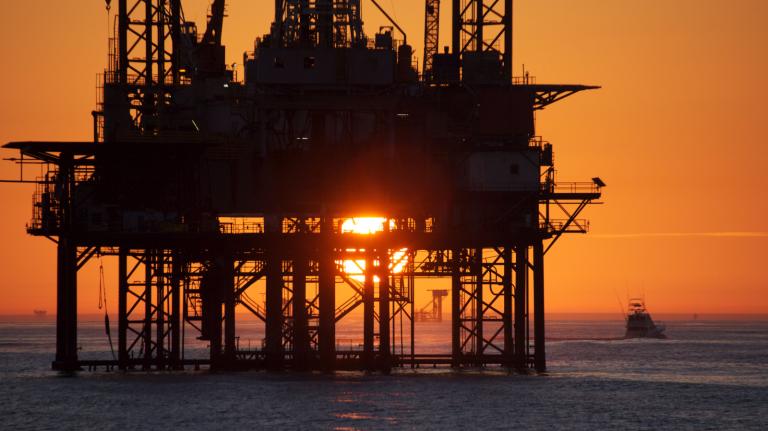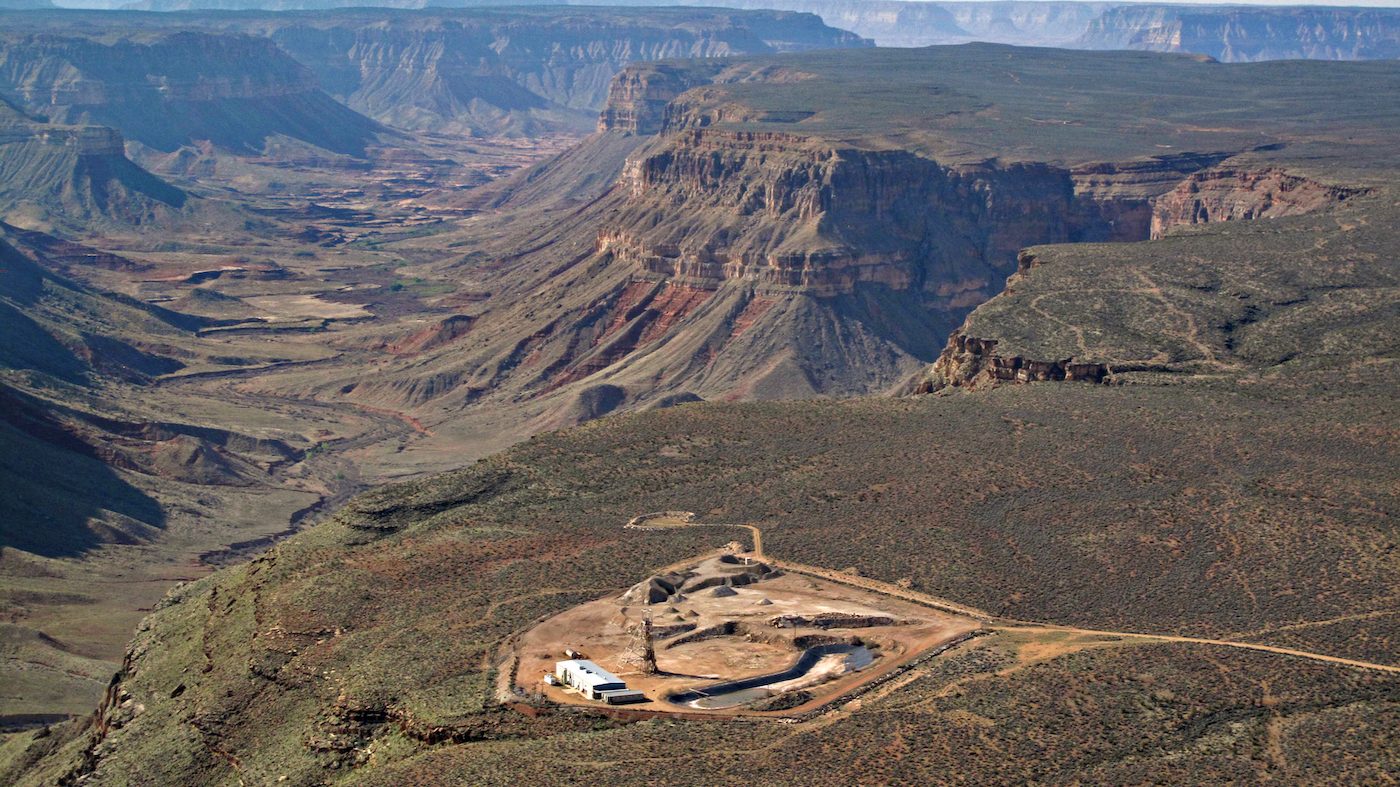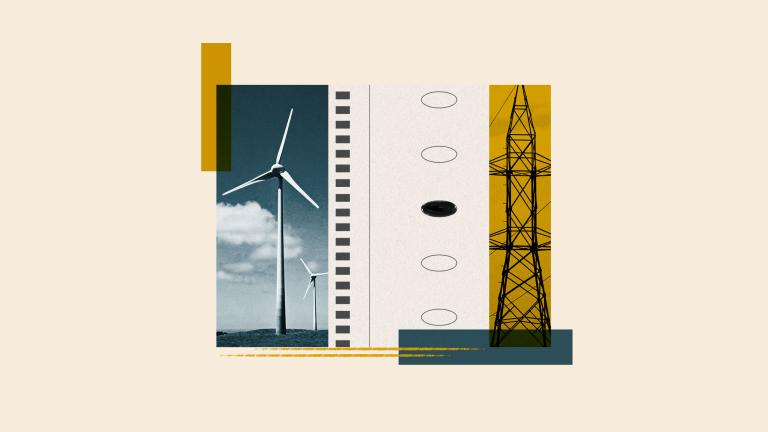A new poll of likely voters in Arizona signals strong, bipartisan support for a permanent ban on new uranium mining near the Grand Canyon – and hope for the passage of the Grand Canyon Protection Act, a bill that would permanently ban the practice.
Conducted by GQR, a polling and opinion research firm, 600 registered Arizona voters were asked specific questions about the Grand Canyon Protection Act, which passed the House last year but has yet to pass the Senate. Sixty-seven percent of those voters said they supported the act while 46 percent said they strongly supported the act. Only 15 percent opposed the ban. On protecting the state’s clean water supply, 96 percent of Arizonans say it’s a top priority, the poll indicates.
“If we want to truly protect this treasure, Arizona’s water, and the people who rely on that water to live, we need permanent protections in place to have the force of law,” said House Natural Resources Committee Chair Raúl M. Grijalva, author of the act.
Advocates say that the Grand Canyon is home to only a small fraction of the U.S.’ known uranium reserves and a permanent ban would not impact national security or the economy. Mining proponents say that U.S. uranium production is important for energy independence, a strong economy, and national defense.
In 2012, Secretary of the Interior Ken Salazar enacted a 20-year ban on new uranium mining on roughly one million acres of federal land around the Grand Canyon. The two-decade ban was intended to give scientists time to study the potential impact of uranium mining on the region. Since then, the mining industry, which holds hundreds of active mine claims in the area, has tried to overturn the ban in court unsuccessfully.
In 2018, nearly two-dozen members of Congress sent a letter asking President Trump to reopen the Grand Canyon to uranium mining. The letter, which was endorsed by dozens of mining and economic organizations, claimed that domestic uranium was crucial to national security, economic growth, and manufacturing. According to the letter, a uranium ban in the Grand Canyon area would cost local economies both money and jobs, in addition to adding potential burden to domestic energy production. Since the war in Ukraine began, more pro-mining groups have called for an increase in domestic uranium production.
“Anyone who claims that we need to be able to mine for uranium near the Grand Canyon in order to be independent of Russia is at best exaggerating the uranium potential of this region and possibly only seizing on a geopolitical crisis to benefit their own bottom line,” said Amber Reimondo, Grand Canyon Trust Energy Director.
According to the Grand Canyon Trust, the U.S. has enough uranium stockpiled to supply military needs until 2060, and that the region contains less-than one percent of U.S. uranium reserves, meaning production in the Grand Canyon would play a marginal role in the regional and national economy.
Outdoor recreation and tourism centered on the Grand Canyon area’s natural resources are major drivers of the regional economy, supporting over 9,000 jobs and generating over $160 million in annual state and local tax revenues. According to the Grand Canyon Trust, mining could threaten the entire industry.
“In this place, whether you think of it from the standpoint of the tribes, the standpoint of the wildlife, the standpoint of water, or the standpoint of the economy, uranium mining just doesn’t make sense,” said Scott Garlid, Executive Director of the Arizona Wildlife Federation.
Earlier this year, Energy Fuels’ Pinyon Plains mine was approved by a federal judge because it was permitted before the ban went into effect. The U.S. Forest Service estimates that the mine site has around 1.6 million tons of ore. Full mining operations have yet to begin, but Stuart Chavez, a council member of the Havasupai Tribe, says that some tribal members have stopped picking medicinal plants like sagebrush near the mine because they believe radiation has made the plants unsafe. “For us the tainting of the location has already happened.”
In an email, Curtis Moore, Vice President of Marketing and Corporate Development at Energy Fuels, said there was no credible evidence that the Pinyon Plain mine has caused, or is causing, any adverse impacts to plants, wildlife, air, or water. “If people understood how low-impact, safe, healthy and responsible modern uranium mining is, and how dependent the U.S. is on Russia and China for our uranium and critical minerals, many reasonable people might have a different view,” he said.
After fighting against uranium mining for decades, the Havasupai Tribe say they’re hopeful. “I’m very pleased to know that we finally have the voices of Arizona joining the Havasupai tribe in this fight,” said Carletta Tilousi, a Havasupai tribal leader.



